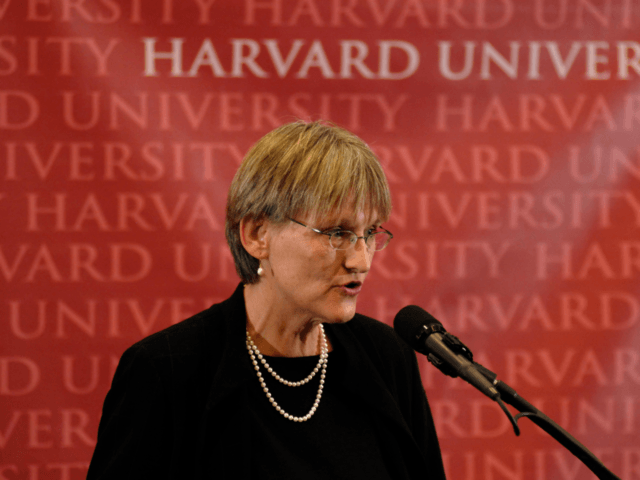A secret Harvard University study was revealed last week that shows the extent to which the university’s collegiate admissions process places Asian-American applicants at a distinct disadvantage.
The 2013 study by Harvard’s Office of Institutional Research was released as part of a court case in which the university is being sued for discriminating against Asian-Americans.
The study, as described by the Harvard Crimson, the student newspaper, found that if admissions were based on academic performance and extracurricular activities alone, Asian-American applicants would comprise 43% of the freshman class. However, the actual percentage of Asian-American applicants was about half that.
The key appeared to be the inclusion of a “personality” component in evaluating applicants. Subsequent reporting by the Crimson revealed that traits included in “personality” were: “humor, sensitivity, grit, leadership, integrity, helpfulness, courage, kindness and many other qualities.”
Outgoing Harvard University president Drew Gilpin Faust tried to pre-empt the news in an e-mail sent to Harvard alumni and “friends”:
In the weeks and months ahead, a lawsuit aimed to compromise Harvard’s ability to compose a diverse student body will move forward in the courts and in the media. As the case proceeds, an organization called Students for Fair Admissions—formed in part to oppose Harvard’s commitment to diversity—will seek to paint an unfamiliar and inaccurate image of our community and our admissions processes, including by raising allegations of discrimination against Asian-American applicants to Harvard College. These claims will rely on misleading, selectively presented data taken out of context. Their intent is to question the integrity of the undergraduate admissions process and to advance a divisive agenda.
Harvard intends to fight the lawsuit, drawing on Supreme Court precedents that allow for the use of race as one factor in college admissions.
However, the effect of non-academic, and highly subjective, criteria in hurting the chances of Asian-American applicants is striking and may be difficult to explain away.
Harvard once used a quota system to restrict the number of Jews who could attend. Asian-American students have long suspected that they are disadvantaged in the admissions process through a more subtle method, which includes making room for other minorities at their expense. Now, they are learning that the admissions process may actively discriminate against them through supposed “personality” measurements that are open to cultural misunderstanding or even purposeful manipulation.
The lawsuit against Harvard is proving highly embarrassing to the university, whose leaders and graduates often pride themselves on their liberal credentials.
President Faust, for example, has overseen the renaming of Harvard’s residential house “masters” as “faculty deans”; has introduced new policies discouraging students from joining same-sex organizations; and has focused attention on the (rather minuscule) history of slavery at Harvard (as opposed to its long, boisterous history of abolitionism).
All of that political correctness now hangs in the balance as Harvard stands accused of racial discrimination.
Joel B. Pollak is Senior Editor-at-Large at Breitbart News. He was named to Forward’s 50 “most influential” Jews in 2017. He is the co-author of How Trump Won: The Inside Story of a Revolution, which is available from Regnery. Follow him on Twitter at @joelpollak.

COMMENTS
Please let us know if you're having issues with commenting.